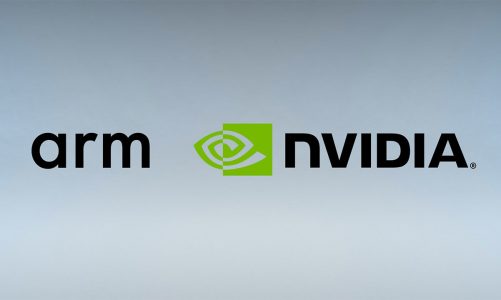The United States lags behind in what many experts consider a key technology of the future: 5G.
The United States ranked last in a survey of 12 leading countries for average 5G mobile download speeds, according to research firm Opensignal.
US phone users saw an average 5G download speed of just 50.9 megabits per second, only about twice as fast as on older 4G LTE networks. At 50.9 Mbps, it would take a user more than five minutes to download a typical high definition movie.
In contrast, users in Saudi Arabia had the fastest average 5G speed at 414.2 Mbps, or 14 times faster than the average 4G download speeds in that country, Opensignal said.
But the technology suffers from technical problems and is not widely implemented in all countries. The result is a very experience, even for clients who have upgraded to a 5G phone.
The key reason the US lacks faster service is the type of air wave bands that carriers are using for 5G. In most other countries, carriers use the 3.5 GHz band, which provides a good balance between speed and availability, but that band has not been available to wireless carriers in the US.
In the US, AT&T and T-Mobile are so far building their 5G consumer networks for lower bands like 600MHz that provide wider coverage with much slower speeds.
The different approaches of U.S,. Carriers added a warning on speed measurements for the US, Opensignal noted. The ratings are based on an average that combines users from the three operators. But looking at only Verizon’s faster 5G technology, Opensignal said that the average US download speed would hit 494.7 Mbps, higher than the average of any other operator in any of the 12 countries.
Opensignal’s ratings also measure the likelihood that users will find a 5G signal. That metric shows whether 5G coverage is patchy or widespread.
Users in Saudi Arabia, again, were the first with an availability of 34%. Meanwhile, the US ranked fifth with 19% availability. T-Mobile and A & T’s slower 5G coverage is available in areas where roughly two-thirds of the nation’s people live, while Verizon’s speedy 5G is offered only in limited areas of a few dozen cities.




